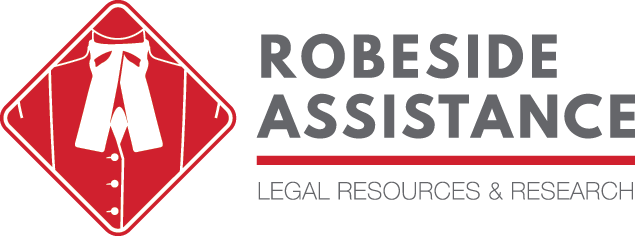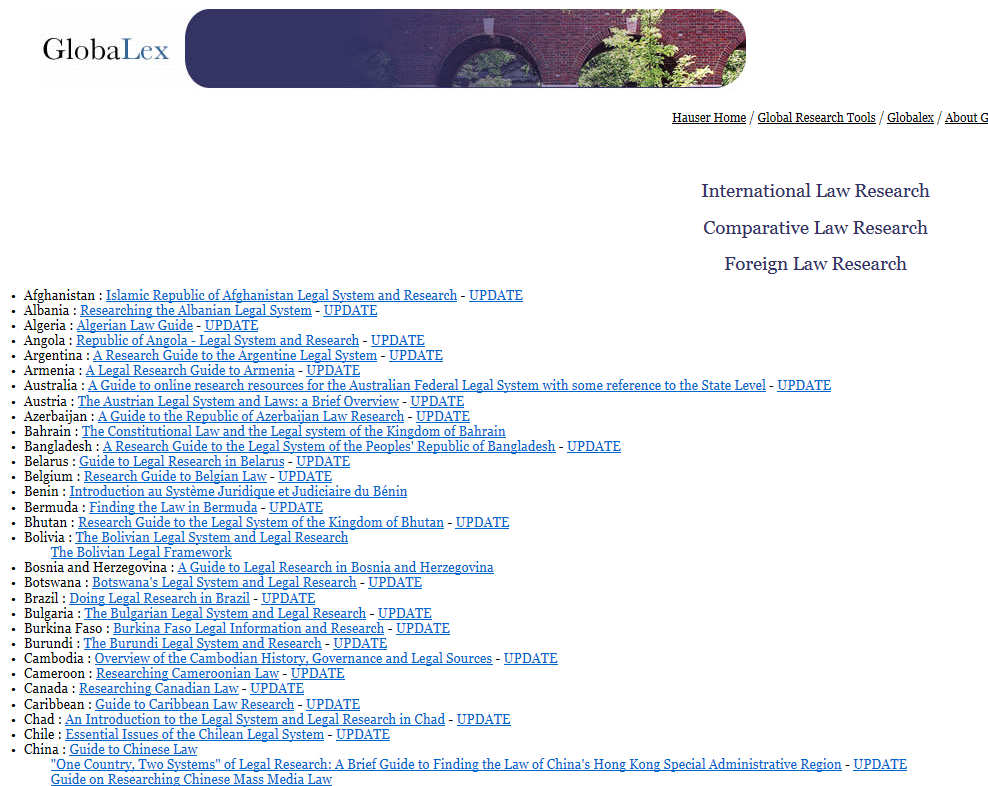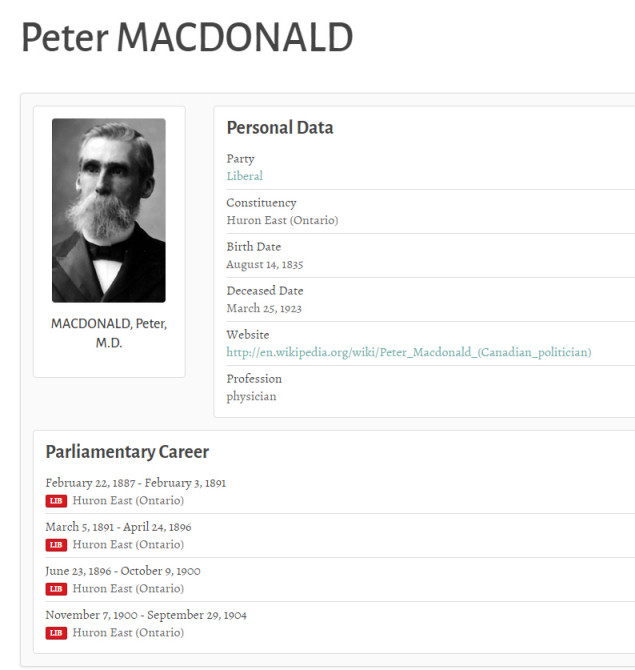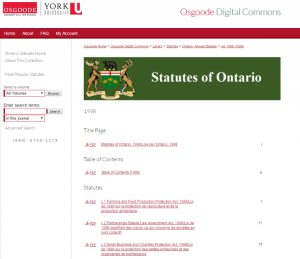The library staff is back from the CALL/ACBD conference, where we had several full days of great educational sessions and learned a lot about new features to the research products we use every day. We’ll be featuring some of these developments on the blog as they become available, starting with today’s entry on the HeinOnline special collection “Slavery in America and the World: History, Culture & Law.”
Many of you already know that LSUC members have free access to HeinOnline, but this new collection from Hein is actually available for free of charge to anyone, and we’re sure many of you would be quite interested to look at the materials contained within. From their website:
“We have created the most comprehensive database available to date on the topic of slavery in the United States and the World. Slavery in America and the World: History, Culture & Law brings together every statute passed by every colony and state on slavery, all federal statutes related to slavery, and all reported state and federal cases on slavery. The database also contains hundreds of books and pamphlets written about slavery. HeinOnline is dedicated to the dissemination of information and knowledge on this important subject. For the first time, we are making a HeinOnline database available to anyone in the world who would like access, at no cost! While there is no charge for access to Slavery in America and the World: History, Culture & Law, we do encourage everyone who registers for access to the valuable material in this database to donate to the NAACP, the United Negro College Fund, or another charity of the user’s choice which supports civil rights, equality, or the advancement of people of color. Making a donation is voluntary, and is not required to access the database.”
To register for access to this database, you can click here. They are noting that registration will take a bit longer than usual due to high demand for this product, but we’re sure it will be worth the wait for such a rich and important collection.












